Table of contents
Description
Since comprehensive reforms in 1990, Viet Nam has developed rapidly and achieved impressive economic growth. However, this growth has required extensive labour, natural resources, and capital, and it can only be maintained by fostering a more inclusive and green economy.
The Government of Viet Nam has made great efforts to introduce a green transformation and promote environmentally friendly and inclusive growth through the Viet Nam Green Growth Strategy (VGGS), which was renewed for 2021–2030 with a vision of 2050. There is also a strong commitment in Viet Nam to reach zero emissions by 2050, and the country is a key partner in implementing the SDGs. There are also a multitude of sector-specific initiatives to increase productivity and raise environmental and social standards. But, keeping them coherent is a challenge.
The Macroeconomic Reforms/Green Growth Programme supports Viet Nam to better manage public and private resources for inclusive and green growth. This will be achieved by strengthening the coherence of Viet Nam’s economic policies, including policies on green finance and public financial management. In the area of green finance, the programme focuses on improving the regulatory framework conditions for green financial services.
The project is funded by the German Federal Ministry for Economic Cooperation and Development (BMZ).
Target group and approach
The programme supports the Vietnamese government in formulating and implementing macroeconomic reforms and enhancing the management of public and private resources for green and inclusive growth by:
- Strengthening the capacities of the Ministry of Planning and Investment to manage public and private resources for green growth and implementing the SDGs,
- Supporting the Central Institute for Economic Management (CIEM) in research and policy advisory on economic restructuring for green growth, the circular economy, and regional development linkages,
- Collaborating with the Ministry of Finance to improve the public financial management of Viet Nam,
- Working with the State Bank of Viet Nam (SBV) and the Ministry of Finance, including the State Securities Commission, on a financial market reform that is beneficial for green growth, and improving the capacities of actors in the green financial market, and
- Working with the Ministry of Labour – Invalids and Social Affairs to integrate social dimensions in green growth policies.
Status
The programme has been commissioned to 2026.
In the area of green finance, the programme has had significant impacts. It played a pivotal role in incorporating articles on green credit and green bonds in the Law on Environmental Protection, enacted in 2020. The programme has actively contributed to the development of legislative documents, shaping the legal framework for environmental protection in Viet Nam. It has also been instrumental in supporting the creation of regulations, particularly ongoing efforts to formulate a green taxonomy for green loans and green bonds.
In collaboration with the SBV, the programme has laid the groundwork to scale up capital flows for green investments and support the implementation of Viet Nam’s Green Growth Strategy. The development of green banking and credit in Viet Nam has seen remarkable progress, starting from scratch and achieving an average growth rate of 22.97% between 2017 and 2022. As of 31 December 2022, the volume of outstanding loans in green sectors was VND 500,525 billion. This represents more than 4.2% of total outstanding credit in the economy, with green agriculture and renewable/clean energy accounting for 31% and 46% of all outstanding green credit, respectively.
In an increasingly integrated global financial system, digital transformation plays a significant role in making banking services more accessible, affordable, and inclusive. This, in turn, helps to sustain Viet Nam’s socio-economic growth. GIZ cooperated with the SBV to develop a strategic plan for the digital transformation of Viet Nam’s banking sector. This was approved by the SBV Governor in Decision 810/QD-NHNN, which plans for the digital transformation of the banking sector by 2025.
By the end of 2022, the number of adults with bank accounts in Viet Nam had increased by 11% compared to the end of 2020, bringing the total number of adults with accounts to nearly 75% across the country. By June 2022, about 5.5 million bank accounts were opened remotely after the paperless customer identification process was approved. This was vital during the COVID-19 pandemic as it made banking services accessible to all. Leading banks in Viet Nam have been proactive in the digital transformation, with 90% of customer transactions made on digital channels – exceeding the Decision 810 target of 70% by 2025.

Contact:
Ly Thu Nga
Team Lead, Green Financial Sector Reform Component, Macroeconomic Reform/Green Growth Programme
nga.ly@giz.de
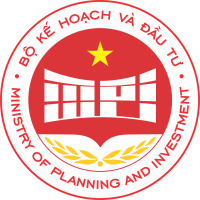
Ministry of Planning and Investment

Ministry of Planning and Investment
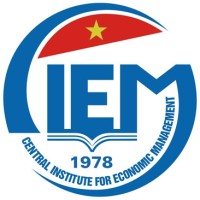
Central Institute for Economic Management
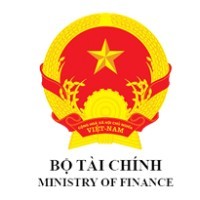
Ministry of Finance
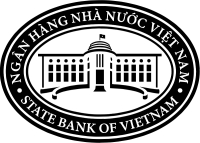
State Bank of Viet Nam
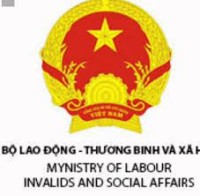
Ministry of Labour, Invalids and Social Affairs
Useful links
Find this project on the GIZ website.




